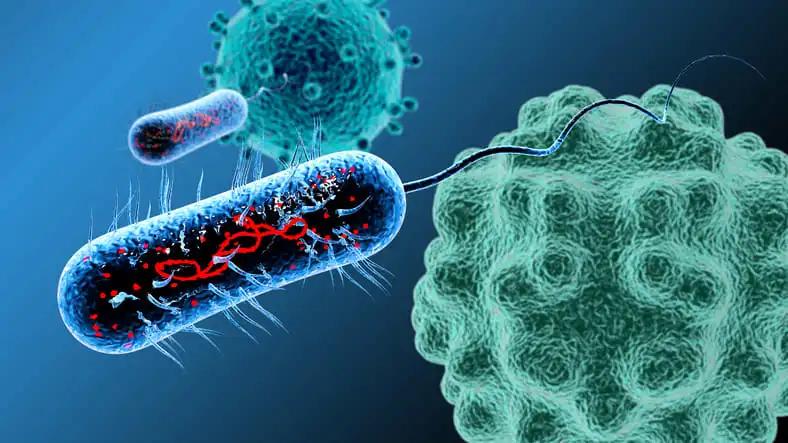KEY TAKEAWAYS
- The phase 1 trial aimed to investigate the efficacy and safety of CD22-directed CAR T-cell therapy in patients with LBCL.
- The primary endpoints were to determine feasibility, safety, AE’s, and DLT.
- CAR22 shows durable activity in patients relapsing after CAR19, underscoring CD22’s potential as a therapeutic target; further investigation is ongoing.
Outcomes are generally poor for patients with large B-cell lymphoma (LBCL) refers to diffuse large B-cell lymphoma (DLBCL) who experience relapse following CD19-directed chimeric antigen receptor (CAR) T-cell therapy (CAR19). CD22, a nearly universally expressed B-cell surface antigen, presents a potential new target for immunotherapy. The efficacy of CD22-directed CAR T-cell therapy (CAR22) in LBCL, however, remains uncertain.
Matthew J. Frank and the team aimed to explore the potential of CAR22 in treating patients with LBCL who have relapsed after receiving CAR19 therapy.
They performed an inclusive analysis in this single-center, open-label, dose-escalation phase 1 trial. Adult patients (aged ≥18 years) who relapsed after CAR19 therapy or had CD19-negative LBCL received intravenous administration of CAR22 at 2 dose levels: 1 million and 3 million CAR22-positive T cells per kg of body weight.
The primary endpoints included assessing the feasibility of manufacturing the CAR22 product, evaluating safety by monitoring the incidence and severity of adverse events and dose-limiting toxicities (DLT’s), and determining the maximum tolerated dose, which would inform the recommended phase 2 dose.
About 41 patients with LBCL were assessed for eligibility from October 17, 2019, to October 19, 2022; however, 1 patient withdrew. Consequently, 40 patients underwent leukapheresis, and 38 (95%) had CAR T-cell products successfully manufactured. The median age was 65 years (range 25-84), with 17 (45%) being women. Additionally, 32 patients (84%) had elevated pretreatment lactate dehydrogenase, and 11 (29%) had refractory disease to all previous therapies.
Patients had received a median of 4 lines of previous therapy (range 3-8). Among the 38 patients treated, 37 (97%) had relapsed after previous CAR19 therapy. The maximum tolerated dose was identified as 1 million CAR T cells per kg.
Of the 29 patients who received this maximum tolerated dose, none developed DLT, grade 3 or higher cytokine release syndrome, immune effector cell-associated neurotoxicity syndrome, or immune effector cell-associated haemophagocytic lymphohistiocytosis-like syndrome.
The study concluded that CD22 is a viable immunotherapeutic target in LBCL, demonstrating the durable clinical activity of CAR22 in patients experiencing disease progression after CAR19 therapy. While these initial findings are promising, it is crucial to acknowledge that this is a phase 1 dose-finding study.
Further research is necessary to confirm the long-term efficacy of CAR22 therapy and to identify the specific patient subgroups most likely to benefit from this treatment approach.
The trial was sponsored by Stanford University.
Source: https://pubmed.ncbi.nlm.nih.gov/38996463/
Clinical Trial: https://clinicaltrials.gov/study/NCT04088890
Frank MJ, Baird JH, Kramer AM, et al. (2024). “CD22-directed CAR T-cell therapy for large B-cell lymphomas progressing after CD19-directed CAR T-cell therapy: a dose-finding phase 1 study.” Lancet. 2024 Jul 27;404(10450):353-363. doi: 10.1016/S0140-6736(24)00746-3. Epub 2024 Jul 9. PMID: 38996463.



